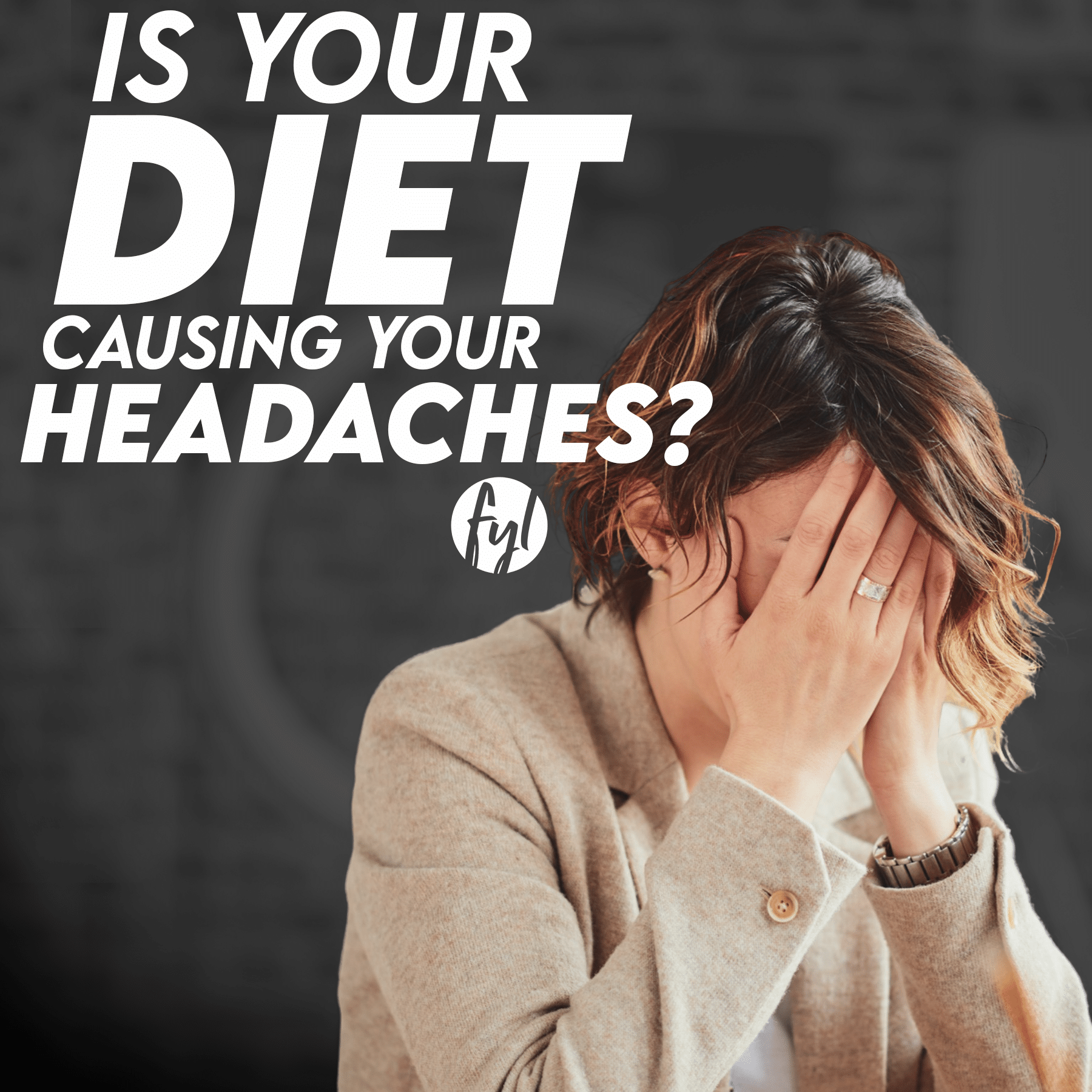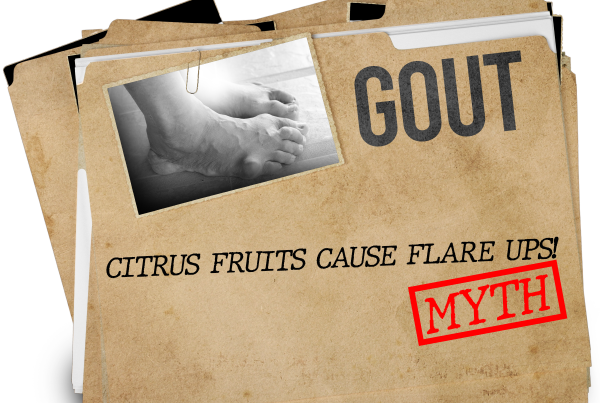Did you know that there are some nutrients and foods which have been linked to headaches and even migraines in some individuals? Now, this isn’t to say that all headaches are caused by dietary factors, but if you suffer from these ailments frequently, looking into dietary triggers or deficiencies could be worthwhile.
Diet-Related Headache Causes
Food Chemical Sensitivity
Some naturally occurring chemicals in our food are not very well tolerated by some individuals and can result in adverse symptoms including headaches, diarrhoea and skin rashes. Amines are a type of naturally occurring food chemical found in:
- Aged meats and cheeses
- Fruit and veggies including avocado, ripe bananas, mango, citrus fruits and berries.
While some individuals may be able to handle small amounts of these foods, each individual is different and their tolerance is dose-dependent.
Histamine is another naturally occurring compound in food which can be poorly tolerated by some people. Foods high in histamine include:
- Dried fruits
- Fermented foods
- Avocados
- Eggplant
- Spinach
- Processed meats
- Alcohol
People suffering histamine intolerance can experience headaches or migraines, fatigue, nausea or vomiting.
Caffeine/Chocolate
These foods have been known to trigger migraines in some individuals. While migraine triggers are very individual, other than the possibility of a food chemical intolerance, other mechanisms as to why these foods trigger migraines in some individuals are not well understood. Minimizing your intake of tea, coffee and energy drinks could be a good idea if you suffer frequent headaches or migraines.
Inadequate Water
Dehydration can cause headaches. So, making sure you are getting enough water each day is really important in headache and migraine prevention. If you have been exercising or it is a warm day, remember that even if you don’t feel like you’ve been sweating, your body still requires extra fluid under these conditions. Aiming for a minimum of 2L per day is a good way to help reduce the incidence of headaches.
Iron Deficiency
Iron deficiency, particularly in females has been shown to be associated with an increased incidence of migraines. If you have been diagnosed with iron deficiency anaemia, then ensuring adequate iron intake or a possible iron supplement may help to reduce the incidence of migraines.
Foods high in iron include:
- Red meat
- Green leafy vegetables
- Dried apricots
- Raisins
- Fortified cereals
What Can You Do?
B Vitamins To The Rescue
Some studies have shown that in some individuals (particularly women who are menstruating), high doses of vitamin B supplements can reduce the incidence of migraines. One study showed that taking 400mg of B2 per day resulted in 59% of participants with migraine had a 50% reduction in symptoms. Foods high in B2 include eggs, milk, liver, kidney, heart, leafy vegetables and yeast, however, it would be almost impossible to reach 400mg/day through diet alone (Shaik & Gan, 2015).
There are many aspects of a person’s diet which may be contributing to the incidence of headaches and migraines, and there are some simple steps such as increasing water intake or ensuring adequate nutrient intake which can assist. However, migraine triggers and their treatment should be assessed on an individual basis, as no one treatment is appropriate for everyone suffering these conditions. If you’d like to know more or want individual advice, head to the link to speak with one of our dietitians.







